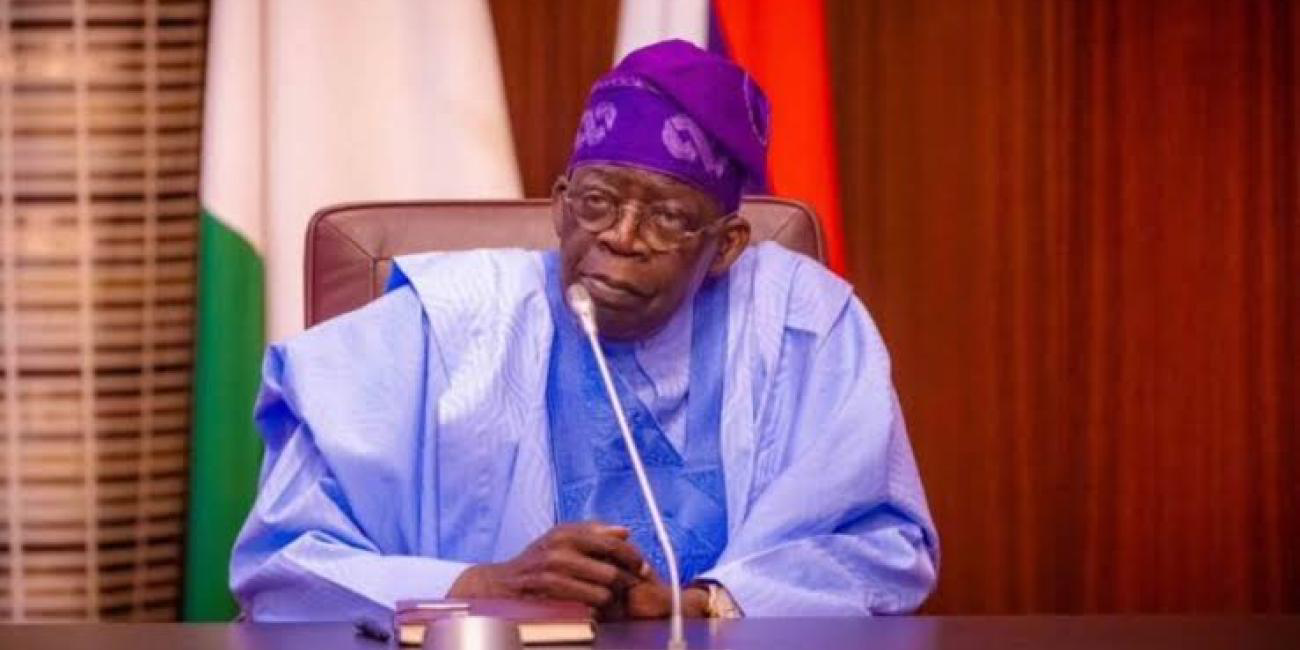Tinubu Signs Electricity Act 2023, to de-monopolise Nigerian electricity generation, Empowers individual, States, Private Companies To Generate Power...
de-monopolise Nigerian electricity generation, transmission, and distribution of electricity at the national level.
This new law will empower states, companies, and individuals to generate, transmit and distribute electricity in the country.
The Nigerian President, Bola Tinubu, has signed the 2023 Electricity Act which is a replacement for the Electricity and Power Sector Reform Act of 2005 into a law.
The newly enacted law will de-monopolise Nigerian electricity generation, transmission, and distribution of electricity at the national level.
This new law will empower states, companies, and individuals to generate, transmit and distribute electricity in the country.
Recall that the Electricity Act 2023 was initially passed by lawmakers in July 2022 to allow the states to issue licences to private investors who can operate mini-grids and power plants within the state.
But the Act precludes interstate and transnational electricity distribution.
The Nigerian Energy Regulatory Commission (NERC) would be able to govern the energy industry within Nigeria under the Electricity Act 2023, without prejudice to the states' authority to pass laws, create electricity markets, and regulate those markets.
The Act specifies how NERC can delegate regulatory authority to state regulators once they are constituted. NERC will continue to regulate energy business conducted solely in those states until those states' electricity market regulations are passed.
For the time being, Lagos, Edo, and Kaduna states already have power market regulations in place and may begin regulating their markets. However, NERC will regulate in states where such regulations do not exist. NERC will continue to carry out cross-border rules, regulating generation and transmission across states.
The Act also empowers parliamentarians to carry out oversight tasks and exercise control over the NESI through the Senate and House Committees on Power. This is should be done regardless of any government Ministry's supervisory authority over government-owned firms or other entities engaged in the Nigerian energy supply industry.
Electricity generation licensees are required by NERC to meet renewable generation obligations. The Act requires electricity generating firms to either create power from renewable energy sources, purchase power generated from renewable energy, or purchase any instrument representing renewable energy generation.
The Electricity Act also mandates the imposition of renewable purchase obligations on distribution or supply licensees.


















